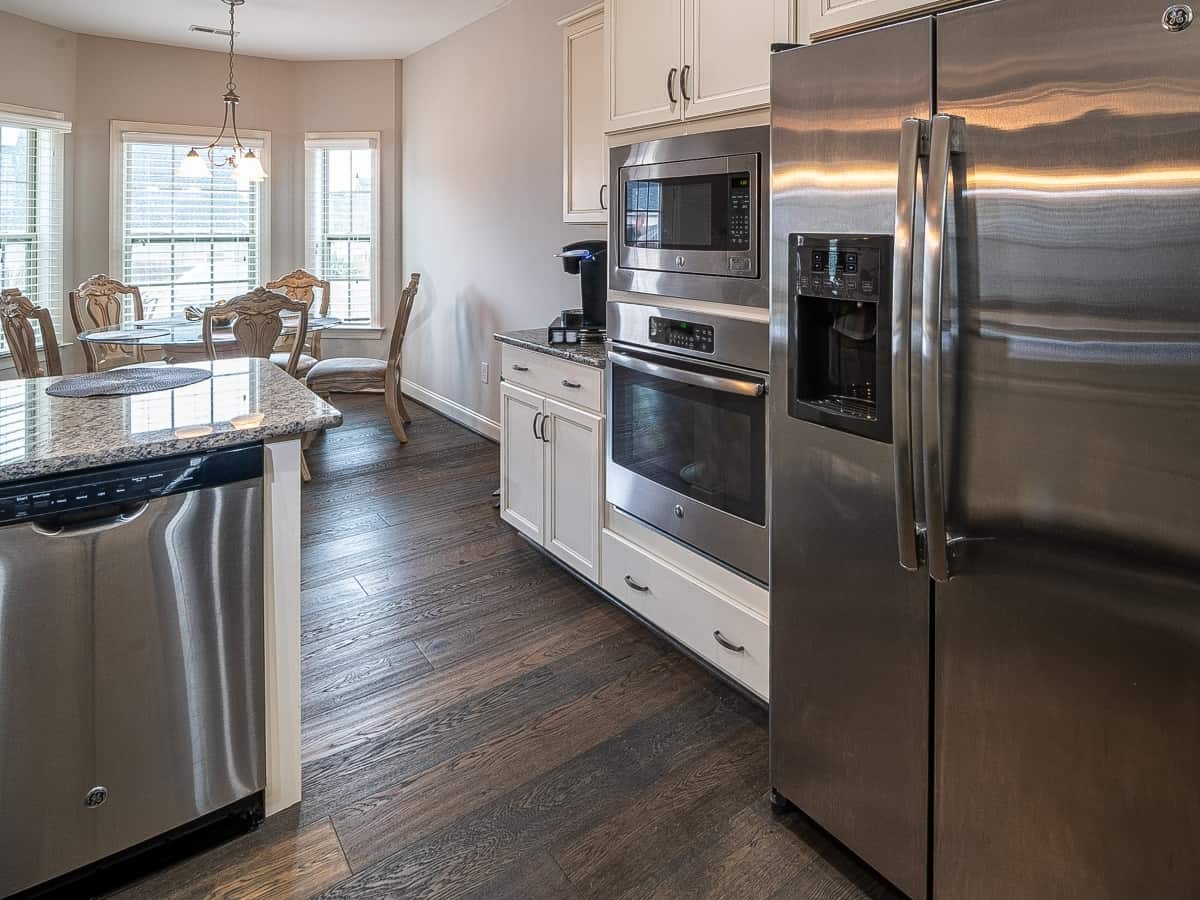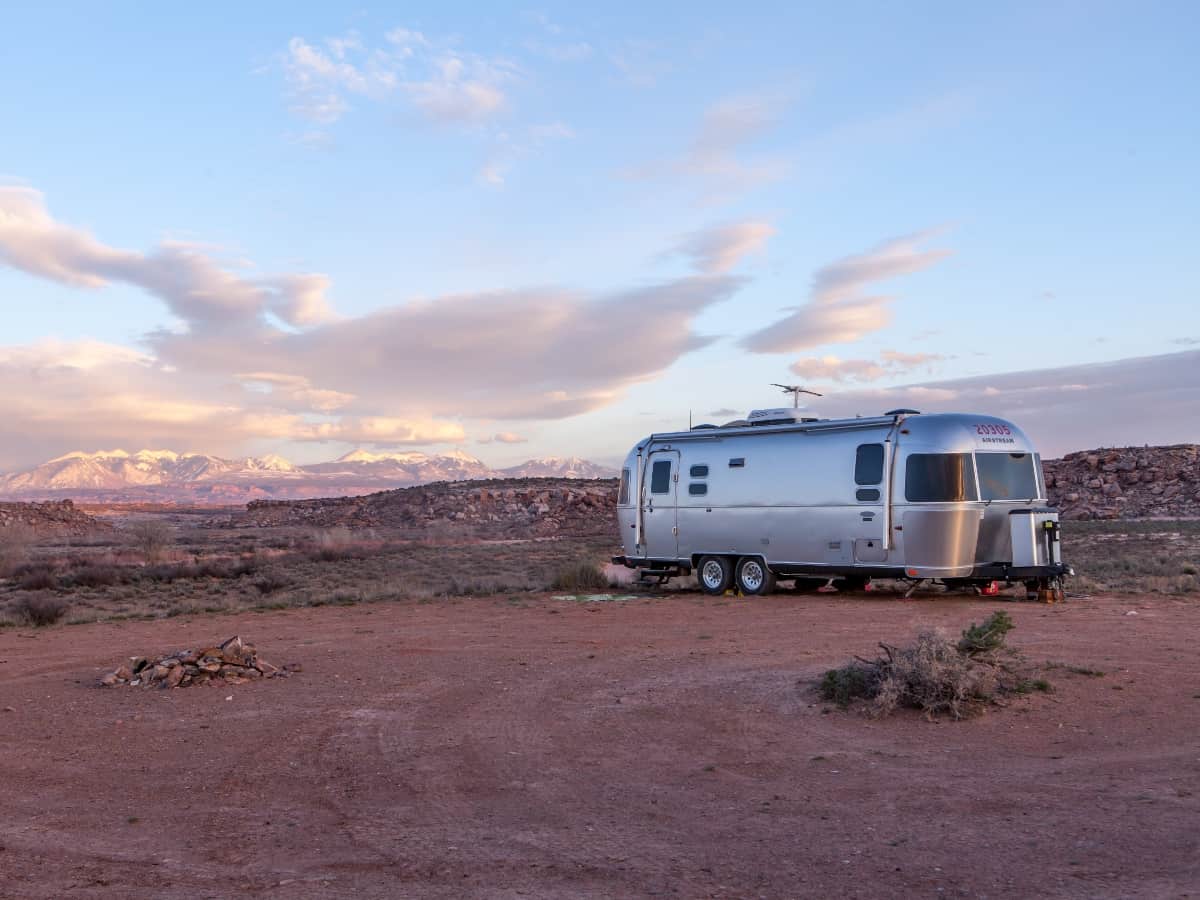So, you’re wanting to go off-grid. But to power your home, you need to look towards an off-grid solar system. But, how much does an off grid solar system cost?
For some people, the idea of living off the electrical grid conjures up images of rugged self-reliance and freedom from society’s constraints. But the off grid solar system cost you’ll entail may make that dream seem more like a nightmare. That’s because a fully equipped off grid solar electric system can cost as much as $50,000 for the equipment alone. That’s not including expenses such as installation, maintenance, repairs, and local permits and fees.
But, for those determined to pursue this lifestyle, there are several things they can do to reduce the cost of their solar power setup. These include:
- Using smaller or more energy-efficient appliances.
- Purchasing less expensive batteries.
- Adjusting one’s lifestyle to get by with less electricity.
Let’s look at these options and see how practical they are.

The Link Between Appliances and Off Grid Solar System cost
Modern life is impossible without electric appliances. Fortunately, it’s possible to minimize the amount of energy these products use and still enjoy a reasonable standard of living. By minimizing or redesigning your household reliance on appliances, you can reduce the number of panels and batteries you need. This can save between $3000 and $5000 off the total cost of your electrical system
Let’s see how this can be done.
Refrigerators
A good fridge is essential for the short-term preservation of perishable foods such as milk and sandwich meat. The easiest way to minimize their electricity usage is to go with a smaller refrigerator that’s designed with energy efficiency in mind. You can also explore options such as a DC-powered refrigerator or a root cellar.
Washer and Dryer
These are two other appliances that most Americans can’t imagine life without. But full-sized units are real energy hogs. Ways to avoid this problem include using a portable machine, washing clothes by hand, or simply making a weekly trip to your local laundromat. As for drying, many people still use clotheslines in the summer and hang their laundry near their indoor heating source in the winter.
Stoves and Grills
You’ll need a way to heat and cook food unless you’re content with eating cold sandwiches year-round. But a traditional oven is off-limits except for the largest and most expensive off-grid systems. Alternatives include gas-powered camping stoves, ultra-efficient electric cooking griddles, and using a solar stove during the summer. Old-fashioned wood-burning stoves are another possibility, although these can make your home intolerably hot during warm months.
Electronics
Most people rely on TV, computers, or both as their primary sources of information and entertainment. The amount of power these devices use varies widely. You can save on your computing costs by switching from a desktop to a laptop computer, using solar to charge your smartphone or tablet, and either switching to a smaller TV or going without.
Water Heaters
Enjoying a hot shower or bath is another staple of modern life. The good news is that you can continue to enjoy this luxury while living off the grid. Options include propane water heaters, tankless water heaters, and heating your bathwater with the sun.
Vacuum Cleaners
These products can put a real strain on an off grid solar system. The best solution to this problem is to use as much laminate, hardwood, or linoleum in your off-grid home as possible. You can also use a supplemental power source such as a diesel generator when you do have to run your vacuum.

Air Conditioning and Heating Can Impact Your Off Grid Solar System Cost
Unless you live in an ideal climate, you’ll need some way to keep your house cool in the summer and warm in the winter. How is this possible when traditional heating and air conditioning systems use so much electricity? Here are your options:
- Choose an energy-efficient DC-powered heating/air conditioning system: these are designed specifically to minimize energy use. Many of the better systems can heat or cool up to 300 square feet at a time.
- Use other methods to cool your home during the warm season: such as shading from trees, whole house attic fans, and using dense building materials in your home’s construction that take a long time to heat up or cool down.
- Use a wood stove during the winter: many of the newer wood stoves contain catalytic converters and other eco-friendly innovations that minimize their carbon footprint. Plus, wood heat is reliable, renewable, and cozy.
- Install LPG heaters: liquid propane gas (LPG) imposes less of an environmental impact than options such as coal or oil. You can save money by having a large LPG tank installed on your property and paying to have it refilled periodically.
- Try the zone method: you can also minimize the amount of energy you use by only heating or cooling one room (or “zone”) at a particular time. Let the rest of the home get as hot or as cold as weather conditions demand. An alternate method is to live in a smaller home that requires less power to heat or cool.
Some of these methods require certain trade-offs, such as using fossil fuels instead of electricity. But they can reduce the cost of your off grid solar electricity system by as much as several thousand dollars.
Lighting Your Off-Grid Home the Affordable Way
The introduction of practical LED lighting to the marketplace about 20 years ago was a real breakthrough for those who live off the grid. Today you can choose from traditional-looking bulbs, solar-powered lamps, or ceiling-mounted panels. Or you can follow the example of the Amish by using a combination of candles, sunlight, and pressurized kerosene lamps.
Other Ways to Reduce Off Grid Solar System Cost
One of the biggest expenses of an off grid solar system is the cost of batteries. Modern versions are based on lithium and offer advantages like quicker charging times and longer shelf life. Lithium batteries also store more energy than other types.
Unfortunately, the average cost of a large lithium battery can add significantly to your off grid solar system cost. That’s why many people settle for old-fashioned lead-acid batteries instead.
Benefits of Lead-Acid Batteries
Not only are lead-acid batteries more affordable than other types, but they also need less care than many people think. Often, all that’s required is to top off the water levels every few months.
Lead-acid batteries are widely available and the underlying technology is far simpler than that of their lithium counterparts, making them more user-friendly.

Save Money When You Use Refurbished Components
Another way to reduce your off grid solar system cost is to look for used or refurbished components. Sometimes it’s possible to purchase these items for less than half the cost of new examples.
Once in a while, you may run across an amazing deal that will allow you to save even more money. Every year, a few potential homesteaders realize that they were never cut out for an off-grid living and are willing to part with their entire solar setup for an unbelievably low price. You’ll need cash on hand to take advantage of these opportunities, as they rarely stay on the market for long.
Consider Alternative Home Building Methods
Another idea is to opt for alternative home building methods that use less electricity. For example, earth-sheltered designs use the sheer mass of the earth itself to keep the home at a moderate temperature year-round. Many of these houses incorporate modern features such as large windows or skylights to make the interior seem more bright and cheerful.
Why You May Want an On-Grid Solar Power System Instead
As you can see, living off the grid requires several lifestyle adjustments. That’s why most homeowners go with an on-grid system instead.
Also known as a “hybrid” solar power system, an on-grid setup requires few or no changes to your current lifestyle. Your solar panels and batteries supplement the power you receive from your local utility year-round. This means you retain your comfort and convenience even during rainy periods and the winter season.
Many parts of the country also offer significant tax credits for installing an on-grid system. You can even sell your surplus power back to the electric company, putting money in your pocket.
Ready to Take the Next Step? Contact Us Today
Here at ONIT Home, we specialize in helping homeowners make the decision of whether or not solar energy is right for them. Contact us today to speak with one of our renewable energy experts. You’ll soon have the facts you need to make an informed decision.
To get started, visit us online or give us a call right now at 1-833-433-0331.



